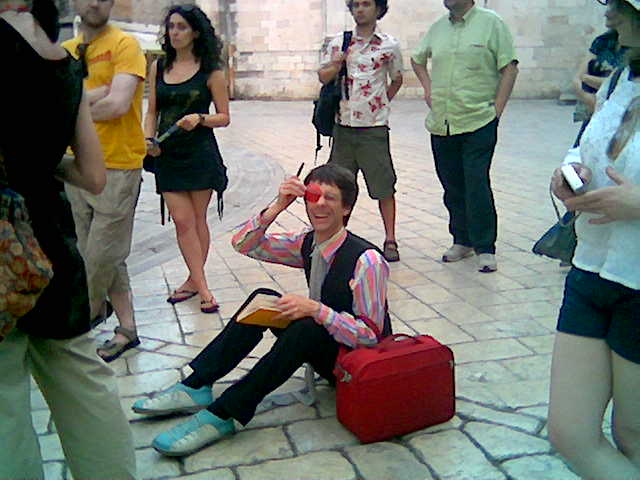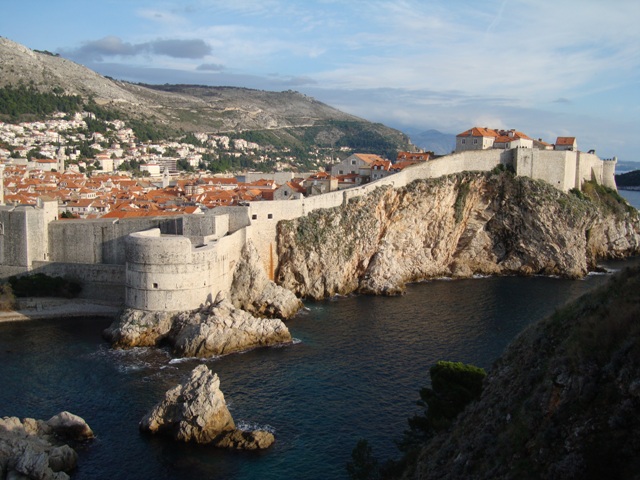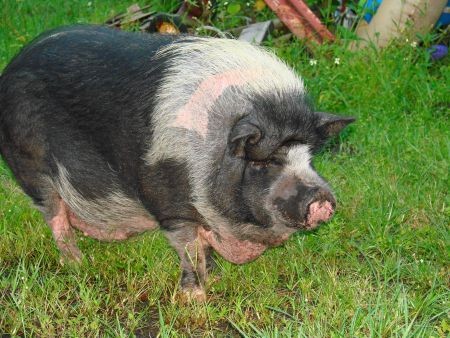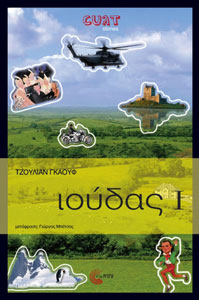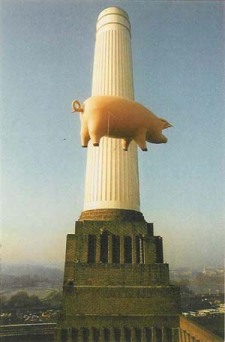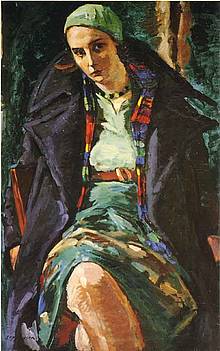The Real Reason Ireland Said No to the Lisbon Treaty
/ Forget the last week of commentary on the Lisbon Treaty debacle. Nobody really knows why the Irish voted no. Except me and four million other Irish people.
Forget the last week of commentary on the Lisbon Treaty debacle. Nobody really knows why the Irish voted no. Except me and four million other Irish people.
I'm an Irish citizen (albeit one living in Berlin), who has read the Irish Referendum Commission's free, impartial, 16 page guide to the Lisbon Treaty. I've even tried to read a bit of the treaty itself (dear God). Did you know the first words are - in wonderfully shouty capital letters -
"PREAMBLE
HIS MAJESTY THE KING OF THE BELGIANS..."
A promising, even rousing, start, but it's all downhill from there. Reading the 294 pages of the treaty tells you absolutely nothing, unless you also happen to be holding your old copy of the Treaty on European Union in your other hand. While sitting on your well-worn copy of the Treaty Establishing the European Community.
Typical random chunk of the Treaty of Lisbon (I think it's article 9(b):
"At the end of the first sentence of the first subparagraph of paragraph 1, the words "and address appropriate recommendations to that State" shall be deleted; at the end of the last sentence, the words "and, acting in accordance with the same procedure, may call on independent persons to submit within a reasonable time limit a report on the situation in the Member State in question" shall be replaced by "and may address recommendations to it, acting in accordance with the same procedure."
Eh? EH? Vote for what again? And there's 294 pages of this stuff.
So we had no idea what we were voting for, and the commentators in the papers (who definitely haven't read it), have no idea what they are commenting on. Given that huge teams of negotiators and translators worked on this in sections, there is absolutely nobody on earth who knows what's in it. It could all be a complicated joke - after all, the first letter of each paragraph in the Maltese translation spells "Sarkozy's bum smells." Though perhaps that's a coincidence.
My feeling, for what it's worth, is that they should have put in a paragraph promising us all an icecream if we voted yes. At least that would have been something concrete that we could have visualised. It would have stood out a mile, for its clarity and lack of ambiguity, in the Irish Referendum Commission's summary of the Treaty. And given that the weather was fairly good on the day of the vote, it might well have swung the referendum.

